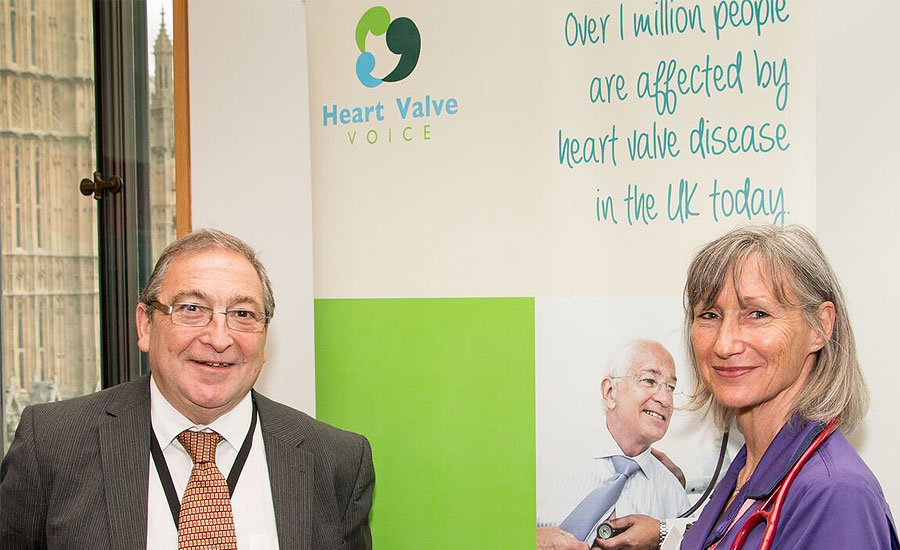My role in the Cardiac Surgery Outpatients Clinic
Cardiac outpatients is a multidisciplinary department open between Monday and Friday at St Thomas’ Hospital, in which staff assess possible patients requiring interventional cardiology or cardiac surgery.
My role as Lead Advanced Nurse Practitioner is to manage the care and treatment of patients with heart valve disease. I deal in particular with the surgical potentials, who, after referral for a surgical opinion, are given an appointment in one of the ‘new patient pre-assessment’ clinics.
It is an action-packed morning in Cardiac Outpatients with appointments starting at 9am, where receptionists, nursing assistants and nursing staff, meet patients. They receive an information pack containing the itinerary for the morning and the St Thomas’ ‘Having Heart Surgery’ leaflet. Observations are conducted, noting the height, weight, BMI, temperature, heart rate, blood pressure, respiratory rate and oxygen saturation of the patient. Personal contact details and next of kin are checked and recorded. A breathing test known as Spirometry will be performed, followed by routine swabs for MRSA. Then an electrocardiogram (ECG) is done by a cardiac physiologist to look at heart rate and rhythm, followed by an echocardiogram (specialist ultrasound) to study the heart function and valves. The next step is to meet the Consultant Cardiac Surgeon who will review the echocardiogram and explain why surgery for their heart valve disease is necessary. The surgeon will take them through the procedure advised, discussing its advantages, and any potential risks.
Once accepted for surgery, I see the patient. Part of my role is to undertake a full past medical history, construct a list of current medicines and perform a clinical examination. This includes using a stethoscope to detect any valvular abnormalities. The detailed history is recorded clearly in their notes to further assess surgical compatibility. During this time, I take the opportunity to explain in more detail to both patient and partner/family, the expected patient journey before and after surgery, and the recovery time frame after going home. I will answer any questions they may have, giving them my contact details if they have further enquiries, and reassure them that I aim to see my patients daily post-surgery.
All pre-operative patients then have a chest x-ray and blood tests. Some may require additional tests such as specialist CT or MRI scans, formal lung function tests and carotid Doppler tests (ultrasound scan of the neck). Following this, I collate all the results from the investigations and discuss these with the Consultant. When ready for surgery, I notify the admissions coordinator.
In the next blog I will talk about one of my patients and their journey (confidentially of course).
You can find out more information about heart valve disease on the Heart Valve Voice website (www.heartvalvevoice.org) which I support in various projects.






















